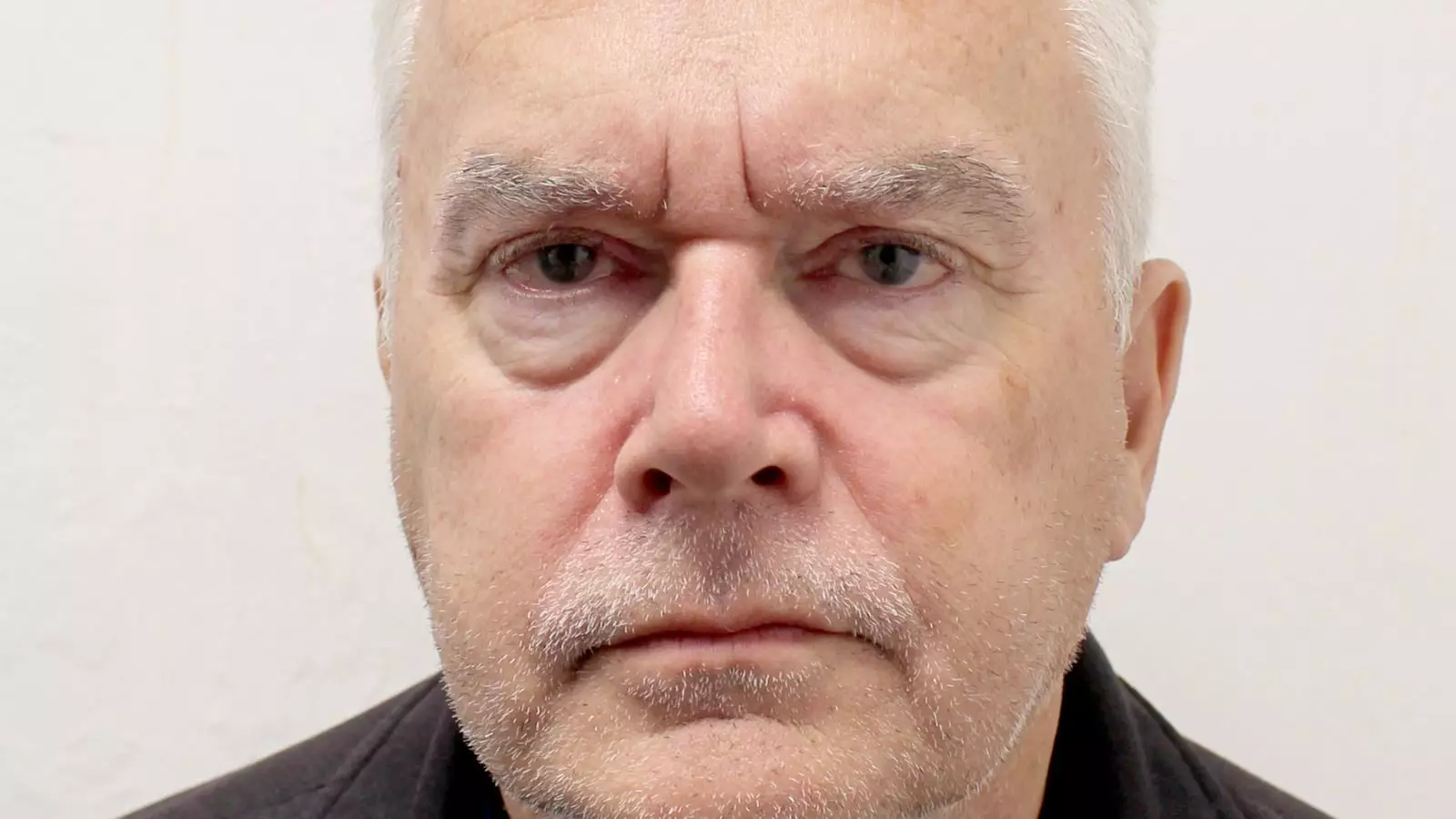The recent scandal involving Huw Edwards, a well-known former newsreader for the BBC, has sent shockwaves through the broadcasting community and raised serious moral questions about the institution itself. After being convicted of crimes related to the making and distributing of indecent images of children, Edwards is no longer a figure that embodies the journalistic integrity for which the BBC once stood. This article delves into the implications of the scandal, the measures the BBC is undertaking in response, and the reputational challenges it faces in the wake of such a shocking moral failure.
Tim Davie, the director-general of the BBC, did not hold back in expressing his condemnation of Edwards’ actions. He described the former presenter’s crimes as “appalling,” a term that encapsulates the gravity of the offenses for which Edwards was convicted. Most troubling is the fact that Edwards—an individual who was in a position of public trust—engaged in criminal behavior involving the exploitation of children through the creation and distribution of indecent images. This betrayal of ethical standards is, objectively, a collapse of the values that underpin the BBC’s reputation as a reliable news organization.
The consequences of Edwards’ actions extend beyond his personal sentence. There is a broader societal concern that an organization like the BBC, which has historically championed integrity and public service, could harbor individuals capable of such heinous actions. The fallout from the scandal is likely to inspire intense scrutiny of the protocols and vetting processes employed by the BBC when selecting its personnel. After all, the public’s faith in authoritative institutions is fragile, and this incident is a stark reminder of how quickly it can be jeopardized.
Davie acknowledged that the effect of such scandals on public trust is significant, stating that incidents like this undoubtedly have ramifications. Citizens’ faith in the media relies heavily on the perception of credibility and transparency. The BBC has long been considered a pillar of journalistic excellence, and any perceived failure—such as allowing Edwards to continue receiving pay after serious allegations were lodged—reflects poorly on its leadership and governance practices.
Davie’s remarks about the necessity of maintaining trust resonate strongly in this context. He indicated that the BBC aims to navigate this crisis by taking appropriate measures, including the potential recovery of Edwards’ salary that was paid post-arrest. This step may serve to align the institution’s actions with its stated values, even as it finds itself grappling with the fallout from this scandal.
A particularly perplexing aspect of the scandal is the decision to allow Edwards’ pay to continue until charges were formally brought. This raises substantial questions about the decision-making processes within the BBC’s leadership. Davie asserted that maintaining salary payments was in line with existing policy, but such a policy might seem insufficient in the context of safeguarding ethical standards and public trust. The realization that a significant financial remuneration was afforded to someone charged with such serious offenses creates a perception of institutional negligence.
The BBC is now pursuing recovery of an estimated £200,000 paid to Edwards, which signals an urgent need to rectify the situation from both a financial and moral standpoint. Addressing the concerns of victims and their families, as Davie emphasized, becomes paramount. The integrity of an institution that claims to champion social responsibility is at stake, and restitution might be necessary to rebuild some semblance of faith.
As the BBC navigates this unprecedented scandal, it must prioritize the restoration of public trust while demonstrating accountability for its past actions. The Edwards affair illustrates the precarious balance media institutions must maintain between reputation, ethical considerations, and financial policies. While steps are being taken to address the fallout of this crisis, it remains essential for the BBC to engage in a thorough reflection of its internal mechanisms to prevent future misconduct. In doing so, it can begin to reclaim its standing as a respected pillar of journalism in the minds of the public. Transparency, compassion for victims, and a robust response framework are crucial as the BBC ventures forth from this turbulent chapter.


Leave a Reply